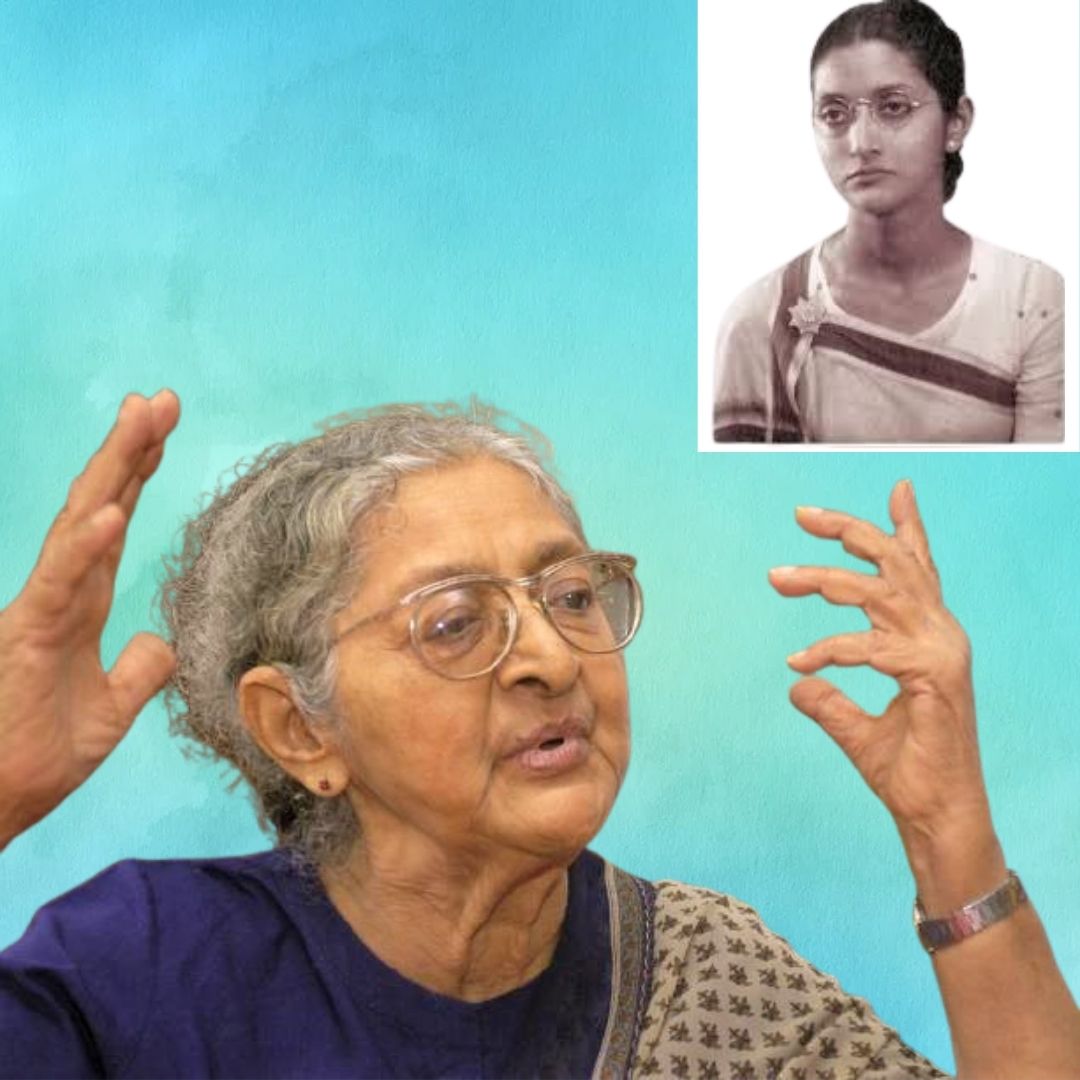
Image Credit- Twitter/coorgisback/mohsinstats
CB Muthamma: Remembering The Lady Who Became India's First Woman Diplomat Against All Odds
Writer: Anwesha Singh
She is a trainee journalist at Indian Institute of Journalism and New Media in Print stream. She has graduated from Home Science with specialization in Development Communication and Extension from Lady Irwin College, Delhi University. She likes reporting, writing, copyediting amongst others.
India, 24 Jan 2022 7:59 AM GMT
Editor : Shiva Chaudhary |
A post-graduate in Journalism and Mass Communication with relevant skills, specialising in content editing & writing. I believe in the precise dissemination of information based on facts to the public.
Creatives : Shiva Chaudhary
A post-graduate in Journalism and Mass Communication with relevant skills, specialising in content editing & writing. I believe in the precise dissemination of information based on facts to the public.
Chonira Belliappa Muthamma was a brave woman who fought against gender discrimination throughout her life. The fight led her to some outstanding achievements, such as being the first woman to clear the Indian Civil Services Examination and join the Indian Foreign Service.
Chonira Belliappa Muthamma, a brave woman who joined the Indian Foreign Service in 1949 and became India's first woman IFS Officer and Ambassador, was born on January 24, 1924. She was the first woman to clear the Indian Civil Services examinations. Nonetheless, her journey was not easy, but she courageously fought for her rights and ensured she got what she deserved.
Early Life And Career
Born on January 24, 1924, in Virajpet in Karnataka's Kodagu district, she was just nine years old when she lost her father, a forest officer. She completed her schooling at St. Joseph's Girls School, Madikeri and graduated from Women's Christian College, Chennai.
She did her post-graduation from Presidency College, Chennai, in English Literature. After that, she decided to sit for the Indian Civil Services Examinations and performed brilliantly. She cleared her exams in 1948 and became the first woman to do so. She served in various Indian Embassies. In 1970, she was posted as India's ambassador to Hungary. Later, she served as India's High Commissioner to Accra, and her last posting was as Indian Ambassador to the Hague.
Her Struggle For Equality
Her struggles started as soon as she gave the interview. She was determined to get her choice of service, which was the foreign service. However, UPSC Board members who took her interview tried to discourage her from joining this service. She was given terrible marks, but even after that, she topped the Foreign Service list and became the first woman IFS Officer in 1949. As she entered the service, she was made to sign an undertaking that stated that she might have to resign from the service once she got "married".
Several ambassadors rejected her in their missions and gave reasons why sending a woman to a station was not appropriate. Lastly, she was accepted in the Indian Embassy in Paris, where C.B. Muthamma realised that Indian diplomats and her peers in other Embassies had problems with a lady colleague.
Her struggles did not stop just there. In 1979, she brought the petition against the Appointments Committee of Cabinet (ACC) and Ministry of External Affairs because she was overlooked for promotion to Grade 1 of the Indian Foreign Service because she was a woman and the practice of hostile discrimination against women is still going on! She had to undertake on joining the foreign service that if she marries, she has to resign from her post, members of appointment committee were prejudiced as a group. These things were discriminatory and contrary to Article 14 (equality before the law) and Article 16 (equality of opportunity in matters of public employment). She also submitted that rules like no married woman have the automatic right to be appointed to the Service and that a woman employee must get written permission to marry and may be forced to resign if the Government decides that her marital commitments will hinder her work were unconstitutional. She also said that some junior officers were promoted over her, which affected her career.
A Landmark Judgment
In 1979, a three-member Supreme Court bench headed by Justice V.R. Krishna Iyer analysed the individual rules and found that "If a woman member shall obtain the permission of Government before marriage, the same risk is run by Government if a male member contracts a marriage. If the family and domestic commitments of a woman member of the service is likely to come in the way of efficient discharge of duties, a similar situation may well arise in the case of a male member. If a married man has a right, a married woman, other things being equal, stands on no worse footing. Freedom is indivisible, so is justice."
The Court had dismissed her petition but directed the Government to review the complaint of promoting the officers junior to her. The Court ruled that there is a need to mend all service rules to remove discrimination. She was promoted to Grade 1 in July 1980. The landmark judgement ended with a statement, "We dismiss the petition but not the problem."
Her Other Works
Even after her retirement, she remained active and was a prolific writer. She authored "The Essential Kodava Cookbook and "Slain by the System: India's Real Crisis".
Chonira Belliappa Muthamma was a true hero who fought for herself against society. She didn't give up in front of the patriarchal thinking of society. She is a role model for all the people who face discrimination in their lives. Her struggles teach us to be strong and fight for our rights.
Also Read: ECI Launches 'Know Your Candidate' App For Criminal Antecedents Of Candidates Contesting Elections
 All section
All section













